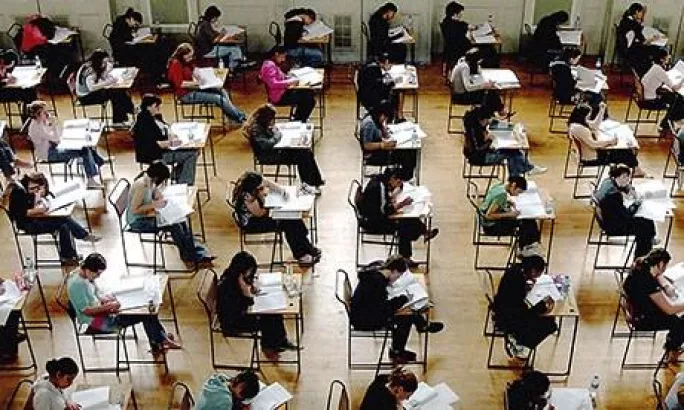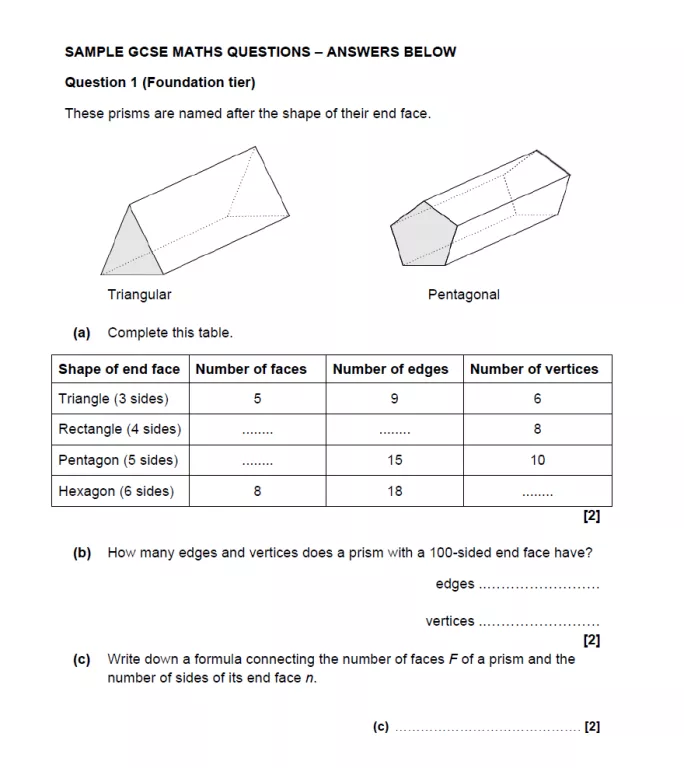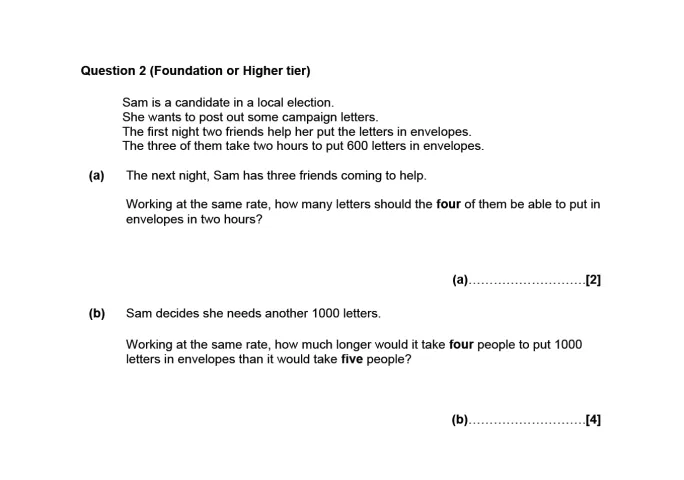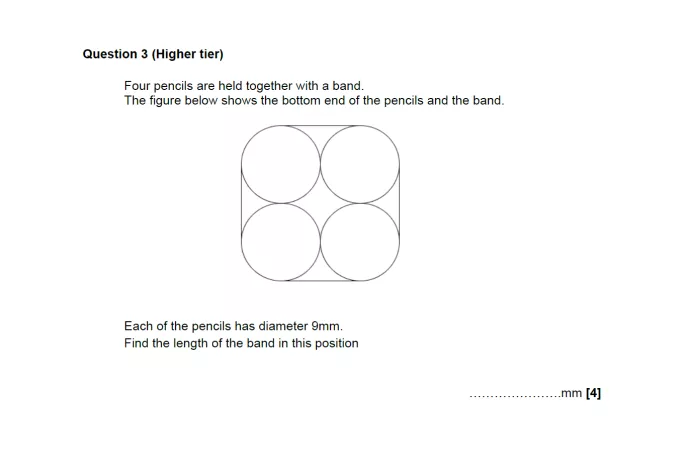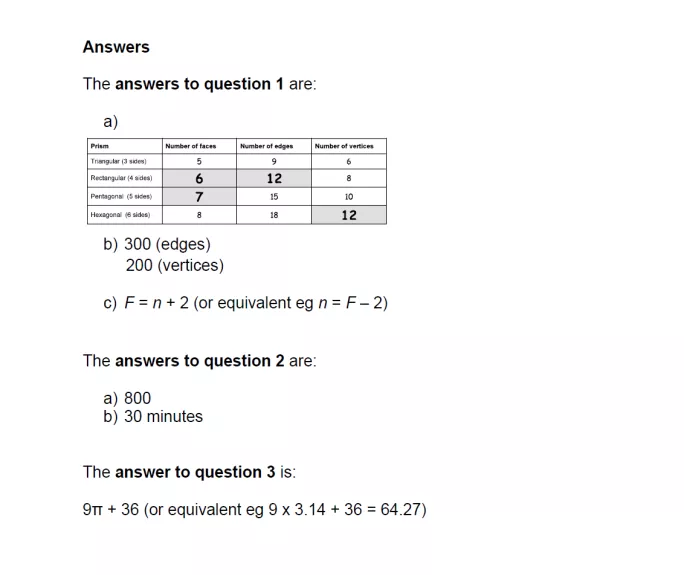Bigger maths GCSE will represent a ‘quantum leap for teachers’
A new, much bigger maths GCSE will represent “a quantum leap for teachers”, an exam board head said today, as he released details of his organisation’s version of the qualification.
Mark Dawe, OCR chief executive, said: “Feedback from teachers has been positive, but we don’t underestimate the challenge that the switch to ‘Big Maths’ will create for them.”
The exam, to be taught from September 2015, will be almost twice the size of current maths GCSE because of Michael Gove’s stipulation that it must “demand deeper and broader mathematical understanding”.
The education secretary wants pupils to study more content, and has said: “We anticipate that schools will want to increase the time spent teaching mathematics.
“On average, secondary schools in England spend only 116 hours per year teaching mathematics, which international studies show is far less time than that spent on this vital subject by our competitors.”
Now OCR has unveiled what that will mean in practice. It is one of four exam boards that will offer England’s next generation of GCSEs, which will feature a 9-1 grading system instead of A*-G. Today the board published three sample questions (see below) for its maths GCSE - still subject to approval by exams watchdog Ofqual - which will have a foundation tier for grades 1 to 5 and a higher tier for grades 4 to 9.
Mark Dawe, OCR chief executive, said: “We know the new ‘Big Maths’ will be nothing short of a quantum leap for teachers, at nearly twice the size of most current maths GCSEs.
“There is no doubt maths will get more challenging from September 2015: pupils will spend more time learning the kind of maths needed to boost their problem-solving and reasoning skills.”
Mr Gove hopes the new maths GCSEs will increase classroom time spent on the subject and bring England “closer to countries like Australia or Singapore, which teach 143 and 138 hours a year of mathematics respectively”.
The qualification will, like English, be double-weighted under reformed Department for Education GCSE secondary performance measures, in order to give schools a greater incentive to ensure that their pupils do well in the subject.
But some have had doubts about the new maths exams. The DfE admitted in its response to its consultation on the GCSE in November that: “In our discussions with key stakeholders, including awarding organisations and mathematics subject bodies, they raised concerns regarding the increased content and the level of challenge overall.”
Professor Stephen Sparks, chair of the Advisory Council on Mathematics Education (Acme), warned then that adding more content to GCSEs was not necessarily the best way to raise standards.
“Higher grades in mathematics shouldn’t be awarded solely for covering extra content, but instead should be awarded to those who show greater understanding and skills in solving unfamiliar problems or applying mathematical reasoning in context,” he said.
Keep reading for just £1 per month
You've reached your limit of free articles this month. Subscribe for £1 per month for three months and get:
- Unlimited access to all Tes magazine content
- Exclusive subscriber-only stories
- Award-winning email newsletters
